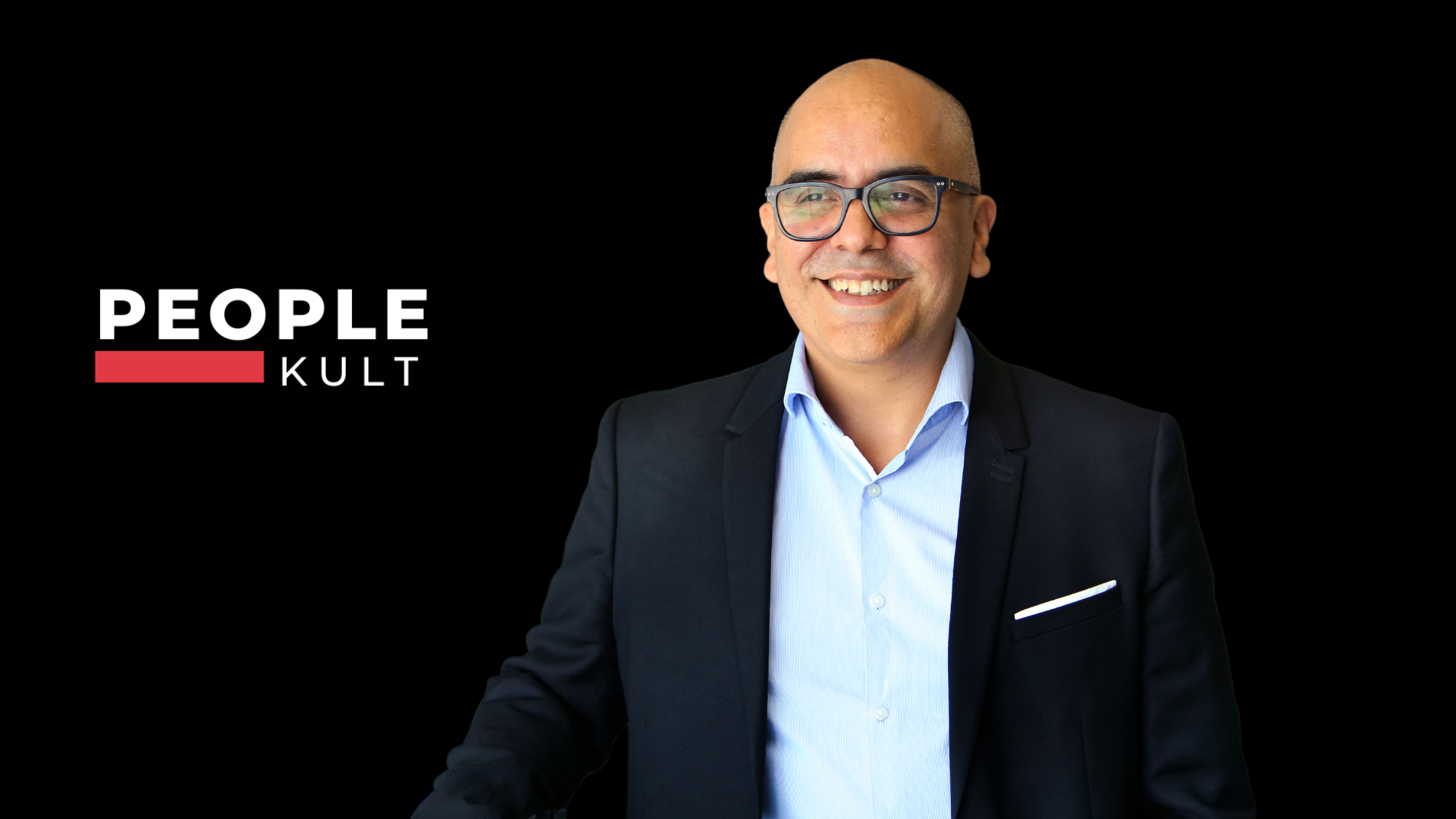Tell us more about yourself and what you do?
I grew up in Geneva (Switzerland) and I was born in Peru. I consider myself lucky to have experienced both cultures going from the rational Swiss side to the more empathetic Latin side. I have always been interested in science and been factual to explain observations – I joined the Ecole Polytechnique Federale de Lausanne to study Biotechnology. After graduation, I got the opportunity to join a fortune 500 company where I stayed for close to 18 years – that’s the place where I got to define the type of person I wanted to be – the kind that helps organizations design more human centric workplaces.
What is the story behind PeopleKult? Why was it set-up?
My corporate life was mainly in Marketing and Corporate Strategy, during that time I lived and led some transformation initiatives: the one common trait to failing change at work is human psychology – let me tell you more: our brain creates a natural resistance to change and if employees are not aligned with the values of their company, then companies remain stagnant and underperform.
That’s what I observed in my corporate work and that’s when I decided that there must be a way to nudge people to change – unfortunately, my experience and knowledge was not enough; I had to start by learning how the brain works. Luckily, this was also the time where research on neuroscience and positive psychology started to become more applicable.
My first company [Bessern] was dedicated to use behavioural science to acquire new skills at work. PeopleKult was a natural progression to quantify the business and human factors that makes a thriving work culture.
How do you help organizations and business leaders?
PeopleKult has a 3 steps approach to consistently deliver an optimized work culture:
- We reconnect purpose and values to actual behaviours that anyone in the organization can understand and act upon
- We train people to build the mindset and practice micro-behaviours that are aligned with the values of the company – we help them create mental processes for regular reinforcement of practice to solve culture challenges such as: collaboration, agility, accountability, etc.
- We measure and embed these behaviours into our innovative performance assessment. The organization and employees get to know where they stand, how much they have progressed and what it is still work in progress.
The DNA of our solutions are based on:
- Driving behaviour change using brain science
- Using data and technology to solve real problems not assumptions
- Measuring impact and progress – getting the actual measure of what we do
What current trends do you see in people development in the MENA region?
After a phase of large investments in elearnings during COVID times – the major trend is on the way of developing human skills such as: collaboration, agility, connection, innovation, resilience and drive – where you need actual feedback and practice (something that elearning platforms cannot do). The practice of alternative methods for people to acquire skills is moving away from pure knowledge (traditional training) to behaviours practiced at work.
What is the biggest challenge facing organizations and creating a beneficial company culture?
I have observed that the common cultural challenges in organizations are:
- Connecting people’s BEHAVIORS to the company values – making them understandable and sustainable
- Diagnosing culture pain points so that organizations can act on the right problems
- Fixing the usual cultural problems: collaboration, agility, connection, innovation, resilience and drive
Why is it so important to implement/develop a great work culture within an organization?
Companies who do not have a healthy work culture:
- Have 10x loss of revenues compared to peers that have a strong organisation culture
- Have 88% less chance to attract talent prioritizing thriving work cultures
- Have a higher cost per employee due to lower productivity
The financial wins are spectacular in companies that designs human-centric work cultures.
What are the goals/the mission of PeopleKult for the next 3 years?
Our mission is to make thriving cultures become scalable using brain science and technology. We are continuously improving our model with the help of behavioural psychologist and data scientists – and we are getting great results.
Additionally, to back this mission I have launched a not-for-profit initiative together with Zuleka Kaysan – where CEOs pledge on leading their businesses with a human-centric culture. The Simply Human Pledge has become quite popular, our vision is that it becomes a global movement. I encourage readers to join and make their pledge at https://www.thecornerstoneadvisory.com/simply-human-pledge
How can our readers find out more about PeopleKult?
We can be reached in the PeopleKult website https://www.peoplekult.com/

